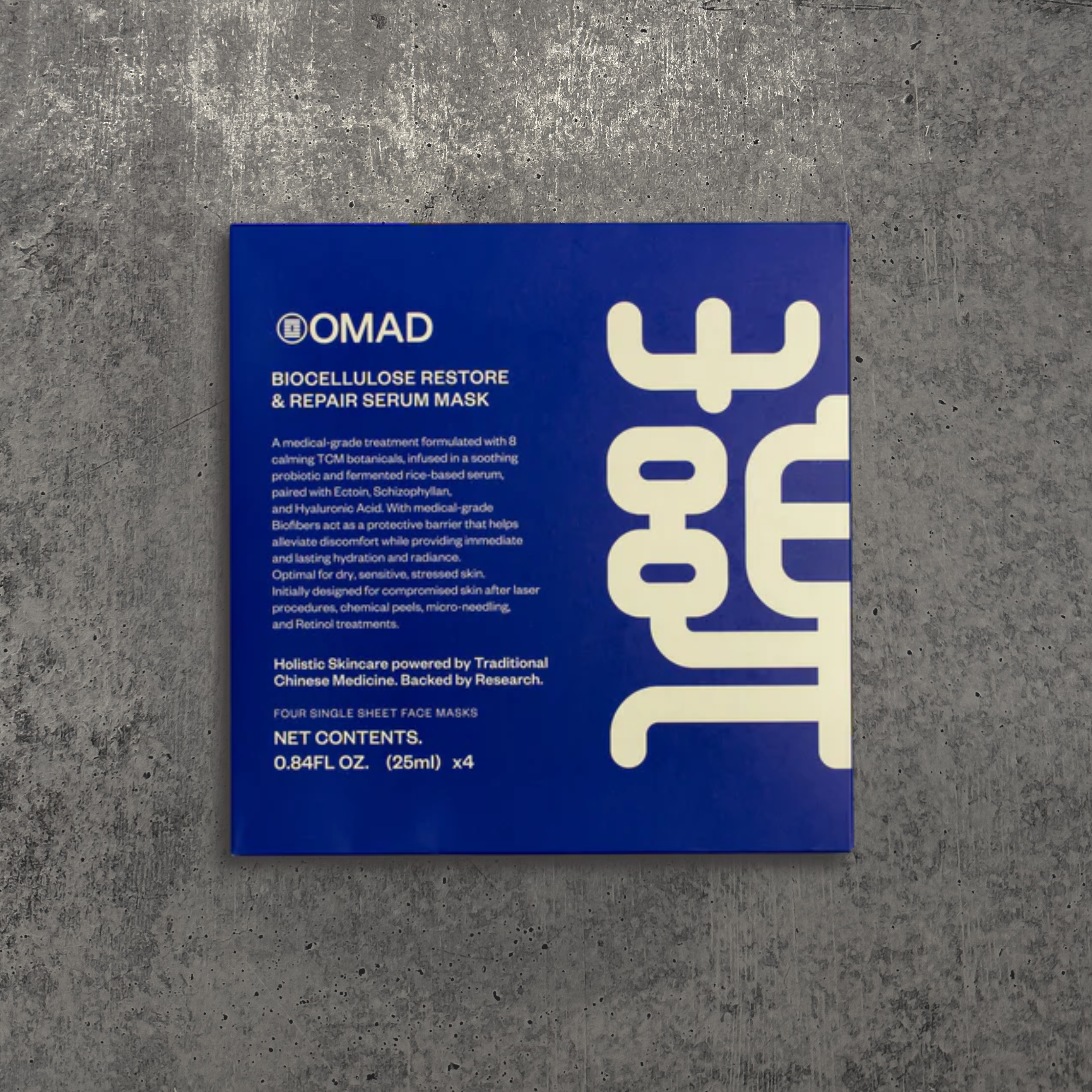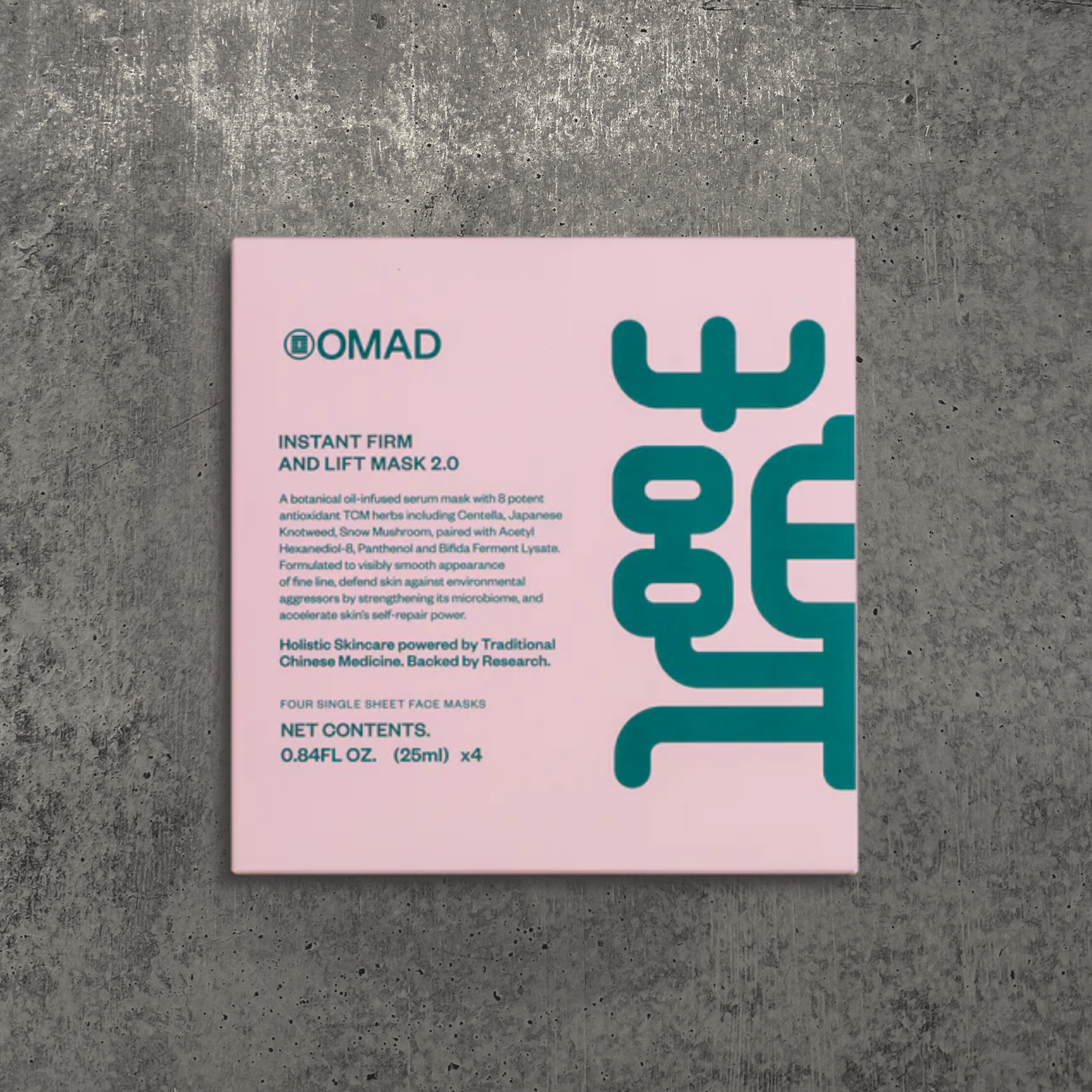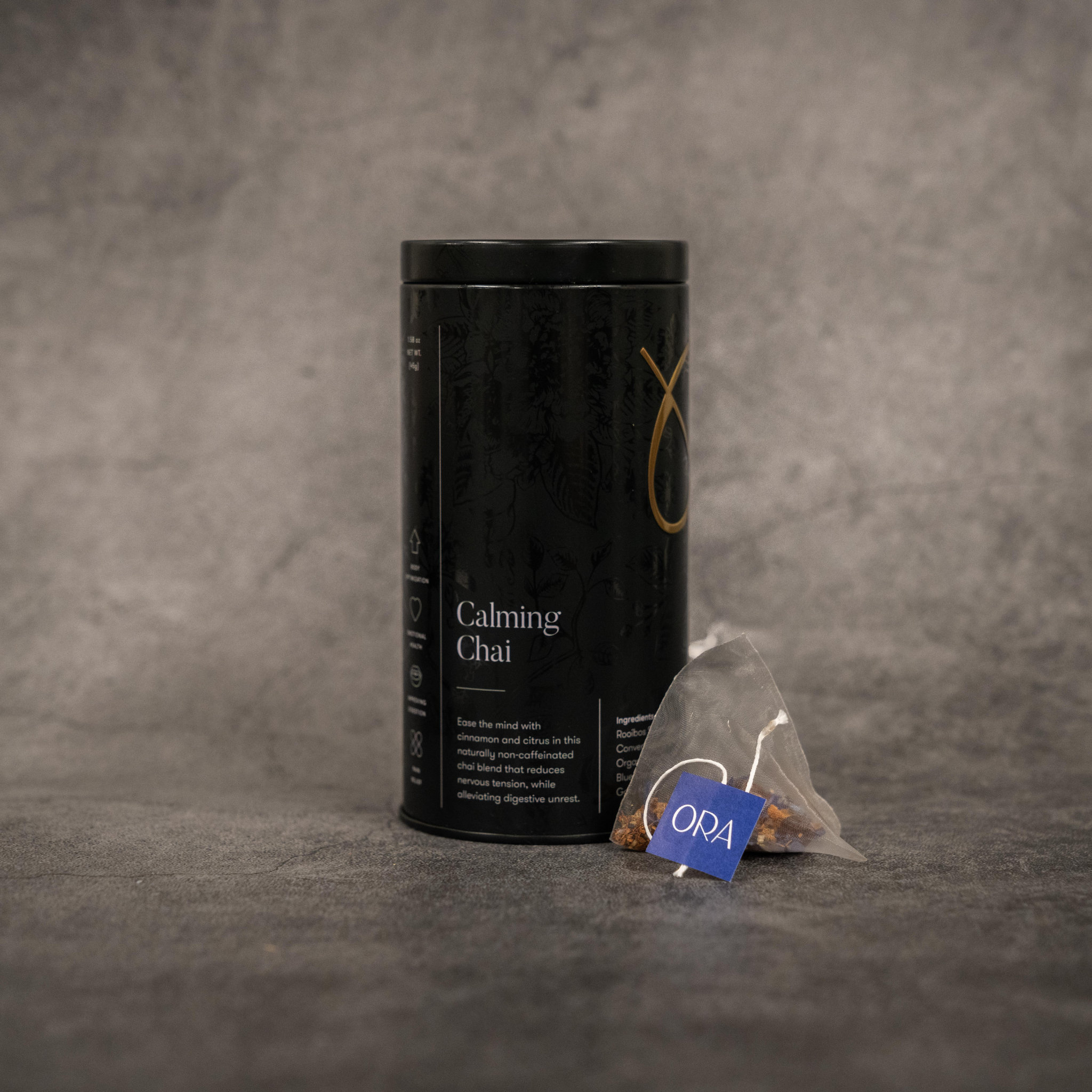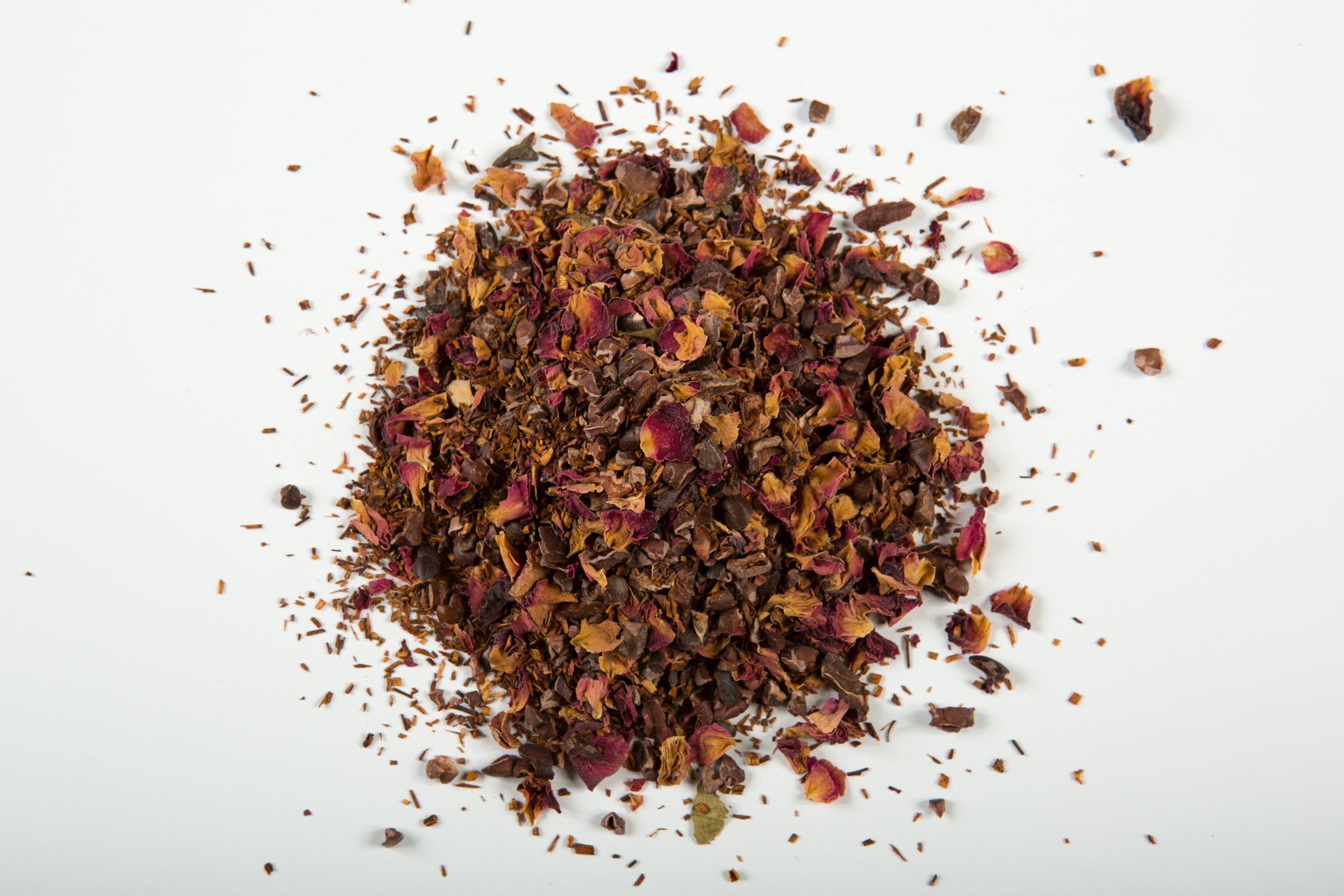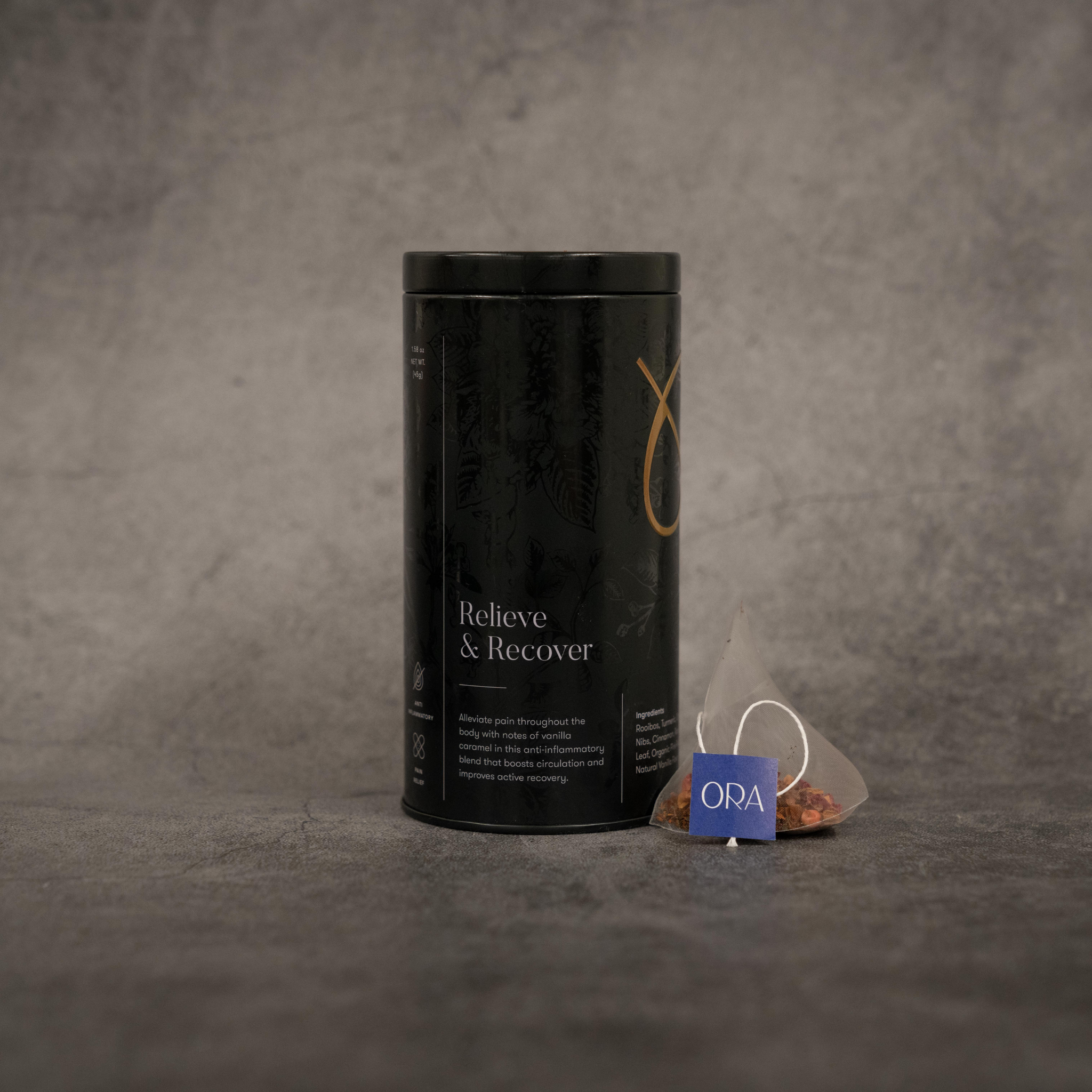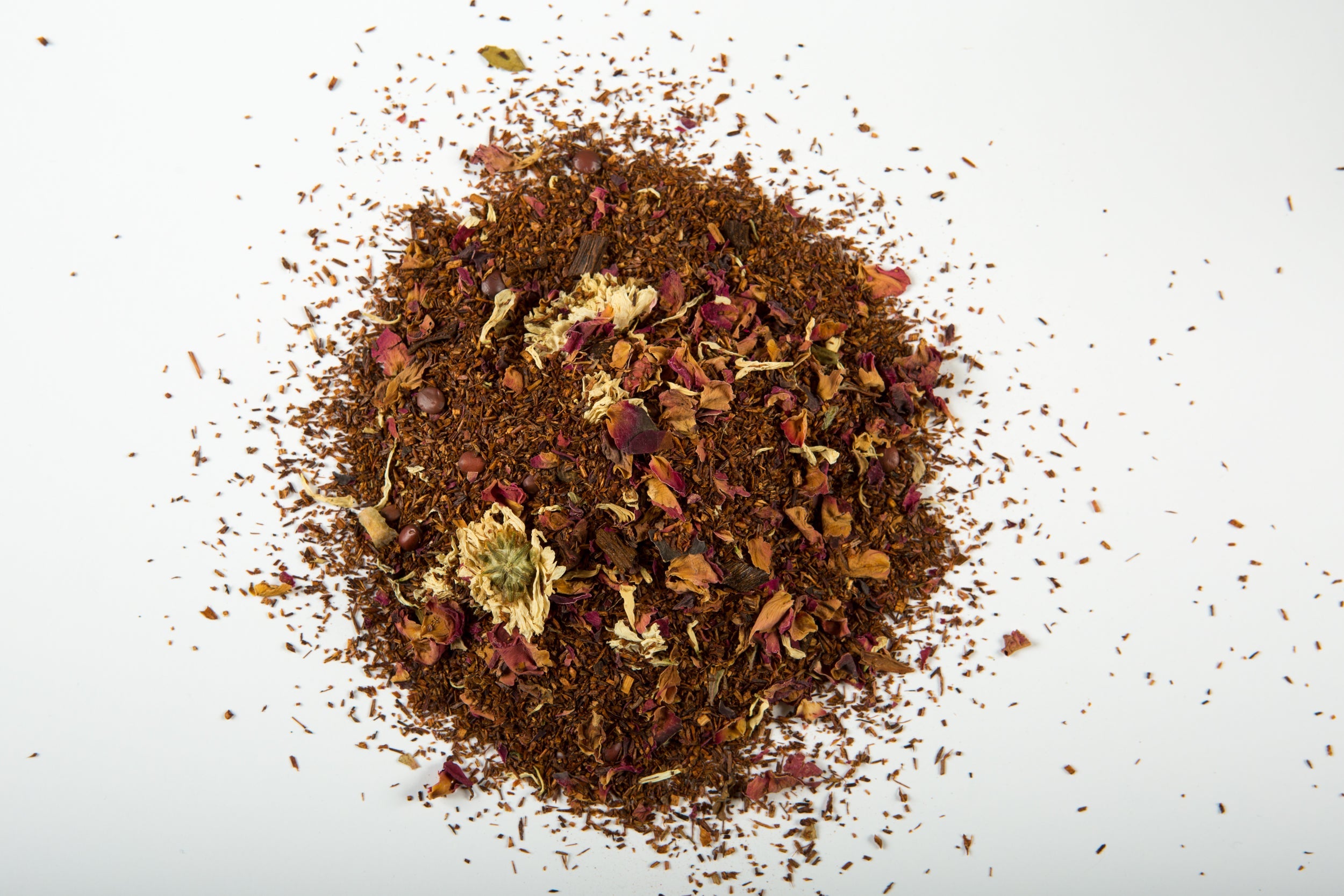As National Wellness Month unfolds, there's no better time to explore the profound influence that traditional Chinese medicine (TCM) has on our overall health and vitality. At the heart of TCM lies the concept of "Qi" (pronounced “chee”) which is the life force that courses through us, connecting mind, body, and spirit. Discover the many ways you can harness the power of Qi to cultivate a vibrant, balanced, and healthy lifestyle.
In TCM theory, Qi is the essence that infuses all living beings with vitality. Often referred to as energy, Qi fuels our movements, animates our growth, and orchestrates the rhythm of change within us. It's reminiscent of modern scientific energy, the driving force behind a system's capacity to do work. Just as electricity can manifest in various forms, so too can Qi – as heat, electrical energy, or even weather phenomena.
When the flow of Qi encounters obstacles or disruptions, the result is stagnant Qi. This stagnation often leads to a wide range of symptoms that can impact both our physical and emotional well-being. From pain and digestive issues to mood swings and insomnia, stagnant Qi casts a wide net over our health. From a TCM standpoint, stagnant Qi signifies an imbalance within the body's energy flow. The causes can be multifaceted, including strong emotions, physical trauma, or even diet choices. This imbalance often points to the liver and spleen as primary culprits, creating disharmony that ripples through the body's meridian lines. Stagnant Qi has a far-reaching impact on organ systems, particularly the liver, spleen, and kidneys. The meridian lines, pathways through which Qi flows, are intricately connected to these systems. Acupuncture points Large Intestine 4 and Liver 3, known as the 4 gates, play a pivotal role in promoting the movement of Qi. Stagnant Qi can be influenced by various factors, including seasonal changes and environmental shifts. Cold, Summer Heat, and Dampness are conditions that can exacerbate stagnation, emphasizing the importance of adapting our practices to align with different times of the year.
The beauty of TCM lies in its diverse methods for moving Qi, restoring harmony, and nurturing vitality. Acupuncture, cupping, massage, or applying acupressure with ear seeds can all help facilitate the smooth flow of Qi, ensuring that our life force remains unhindered. TCM practitioners treat stagnant Qi with these bodywork methods as well as other remedies such as TCM nutrition, Qigong, and meditation to not only restore the flow of Qi, but to also nourish blood and energy, and transform dampness that contributes to stagnation. Together, these practices will regulate Qi flow and foster equilibrium.
This National Wellness Month, we encourage you to embark on a journey of self-care and holistic well-being. Embrace the wisdom of traditional Chinese medicine, and let the flow of Qi guide you toward a life rich in vitality, balance, and radiant health. As you explore the pathways to moving Qi, you'll discover that the secret to a harmonious life lies within your very own energy flow.






